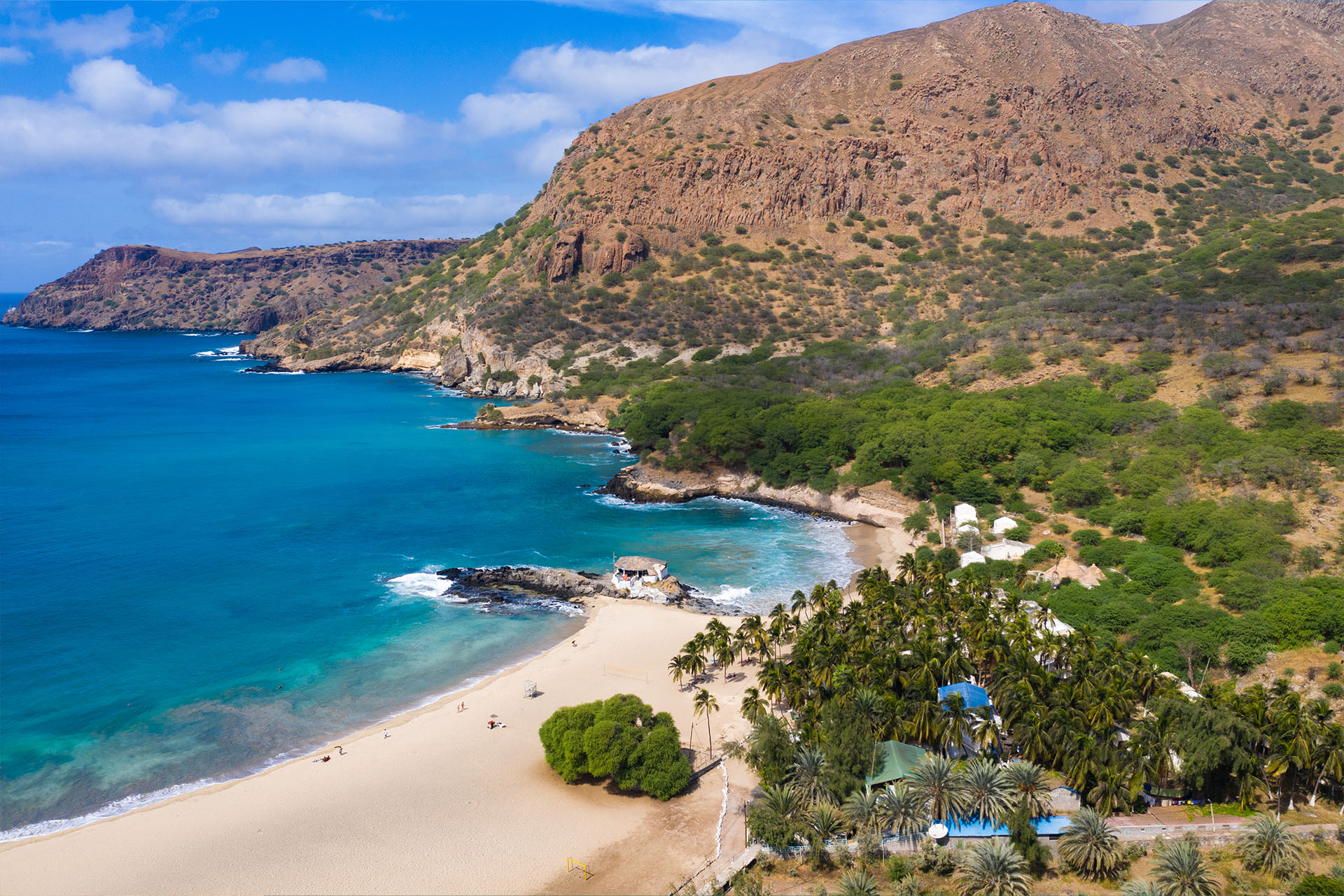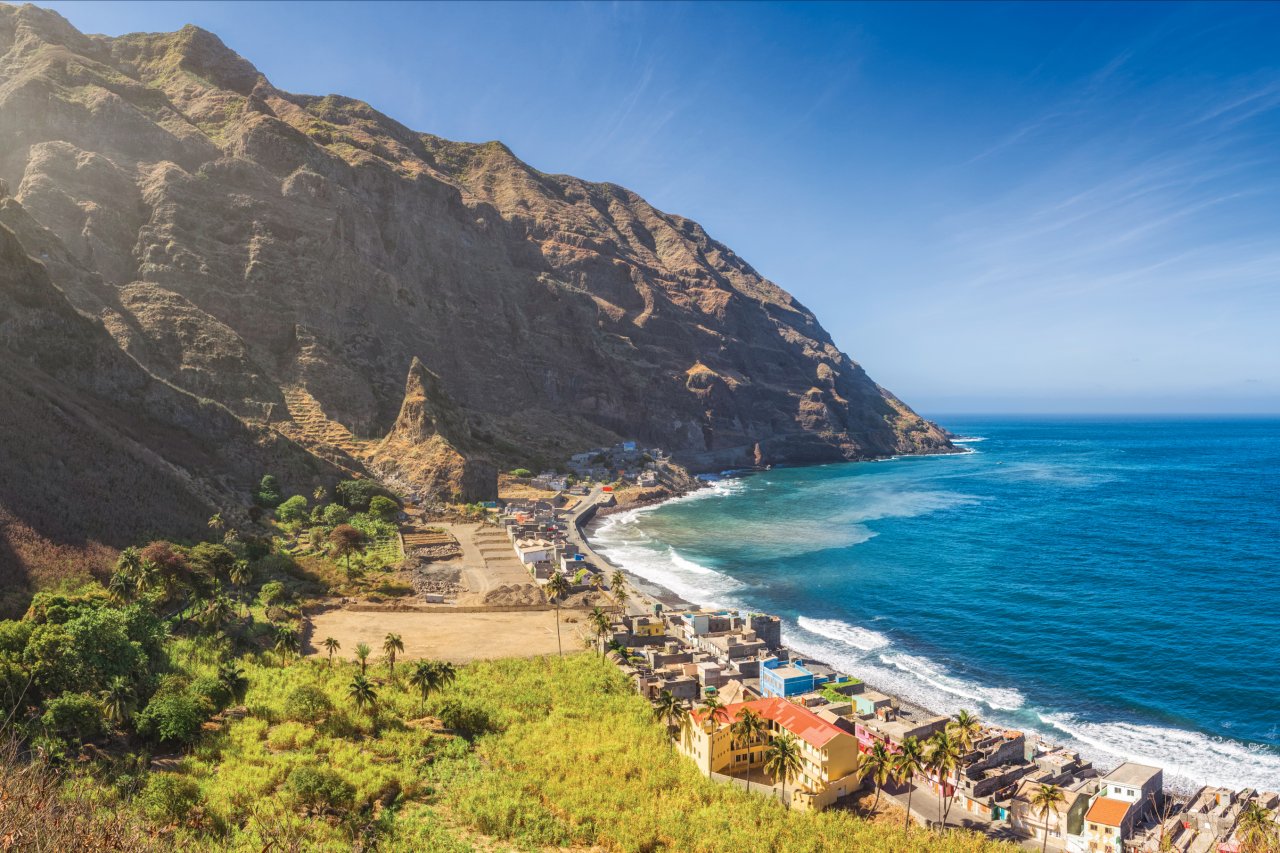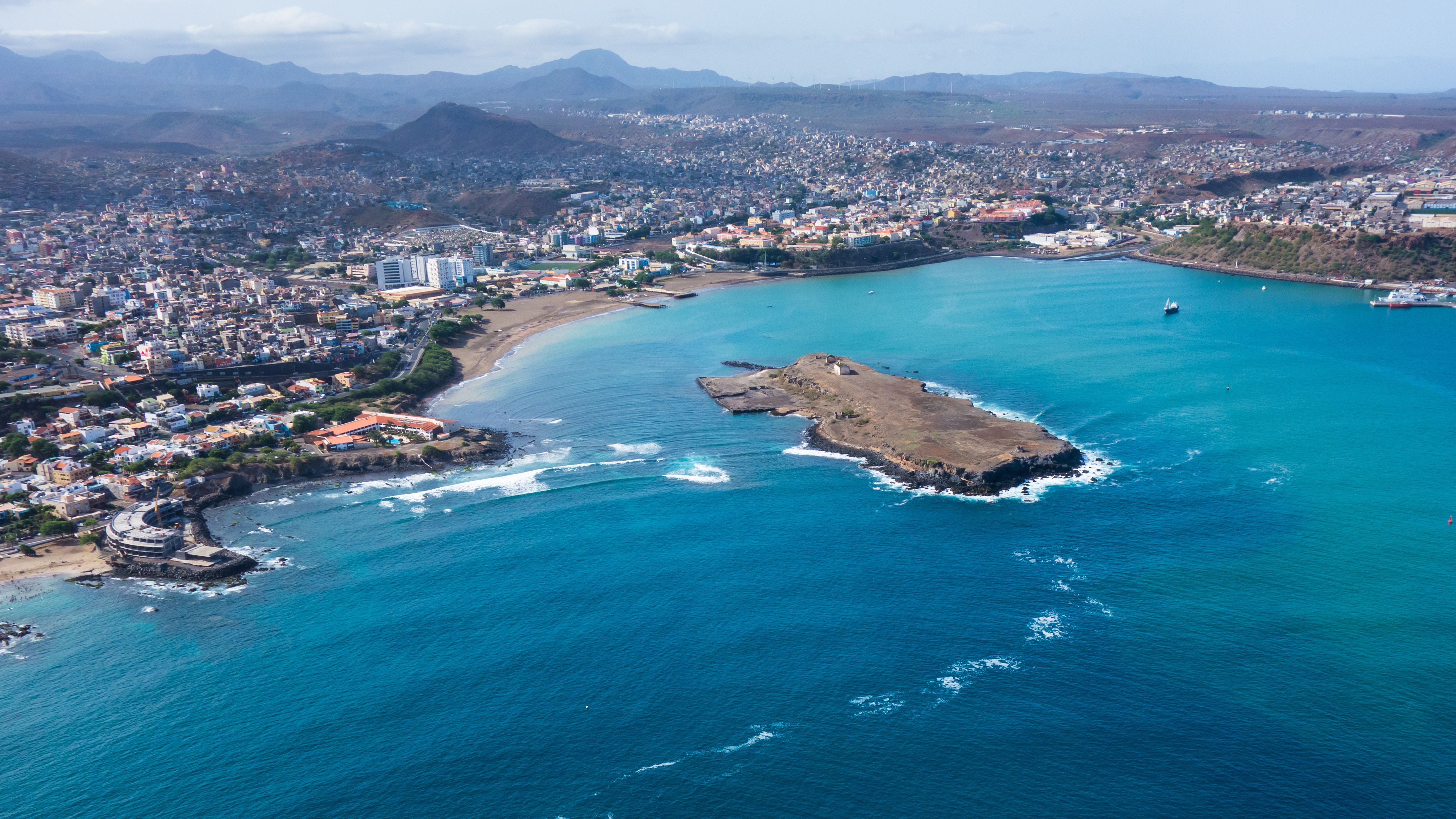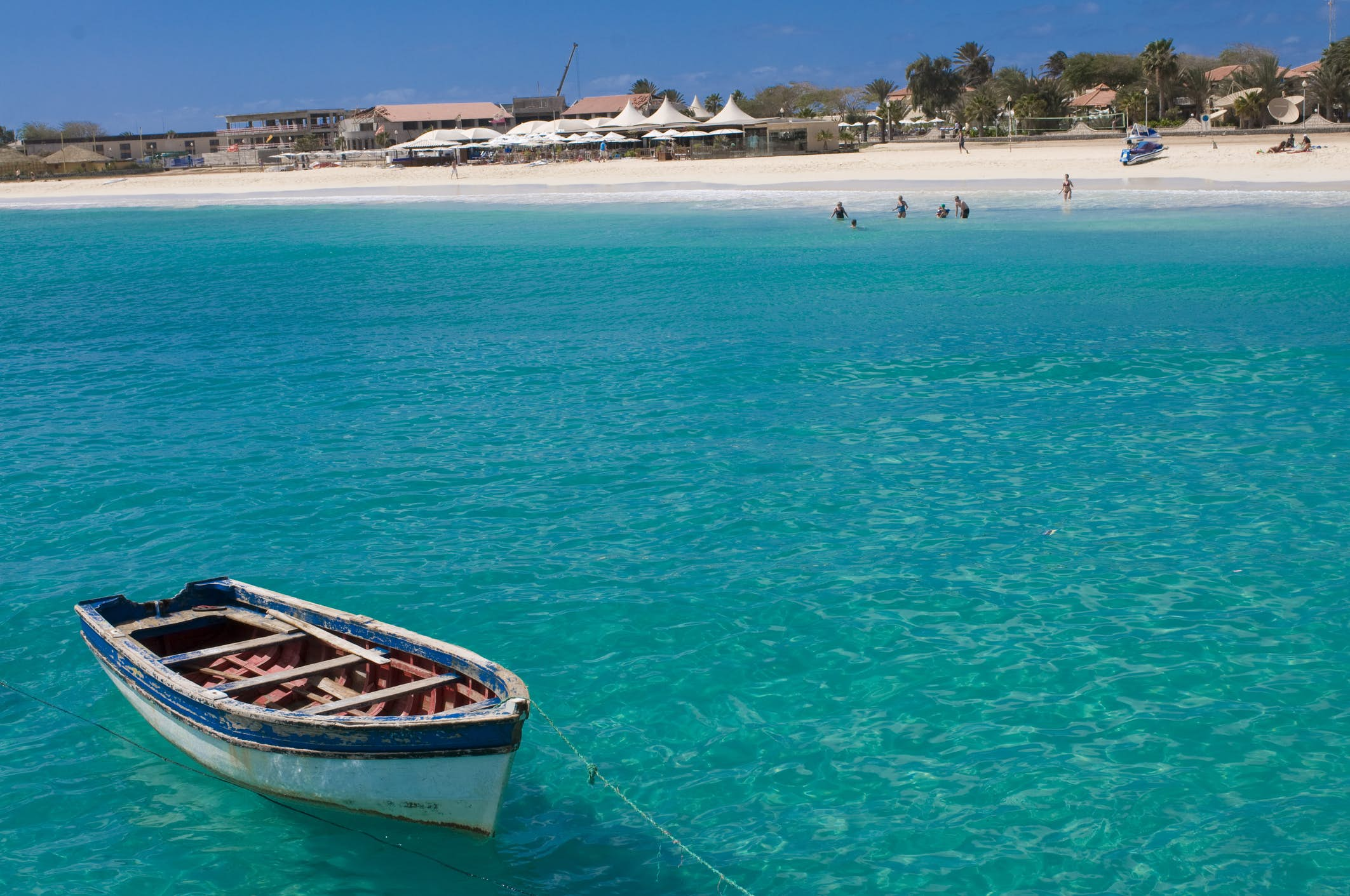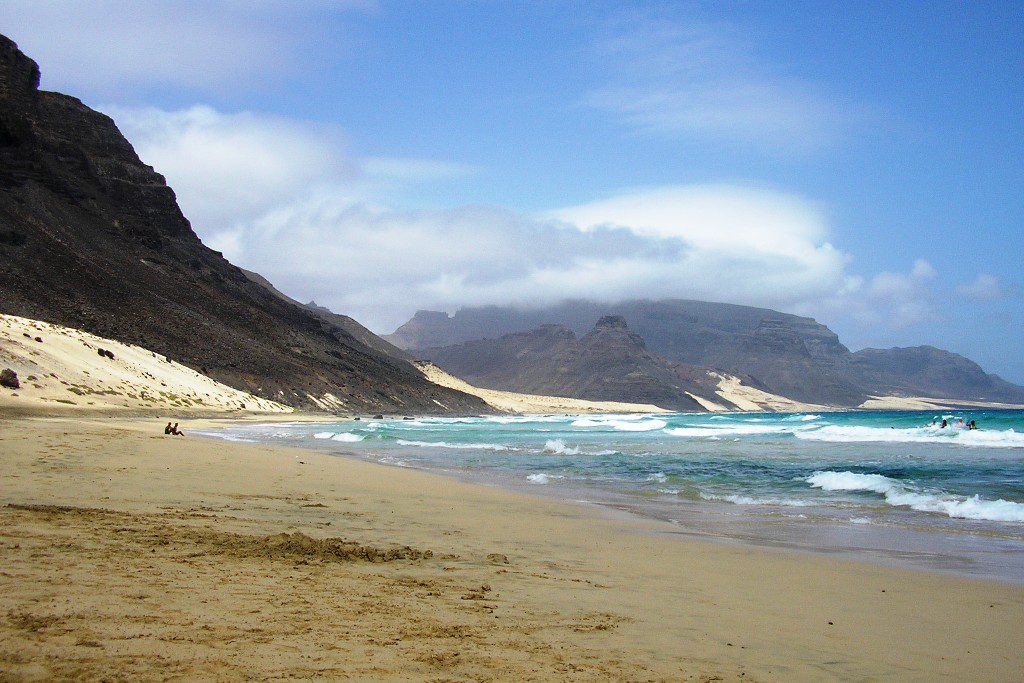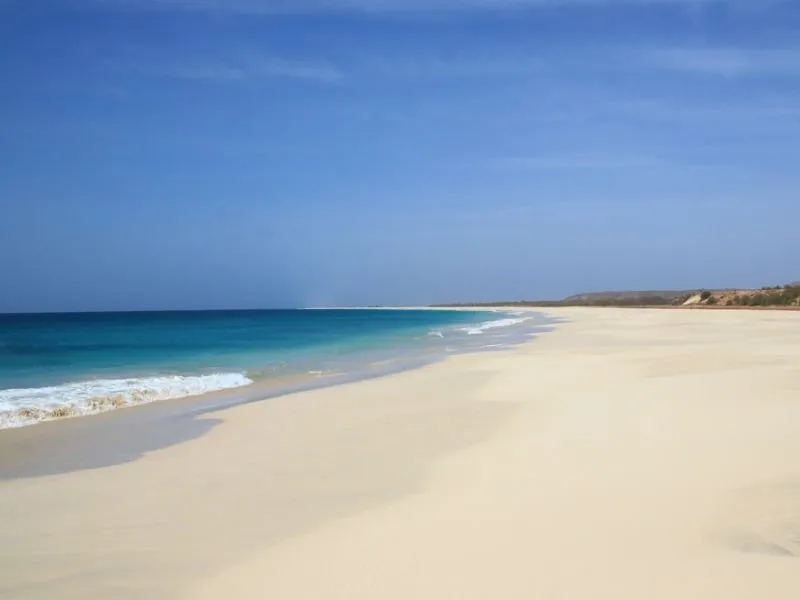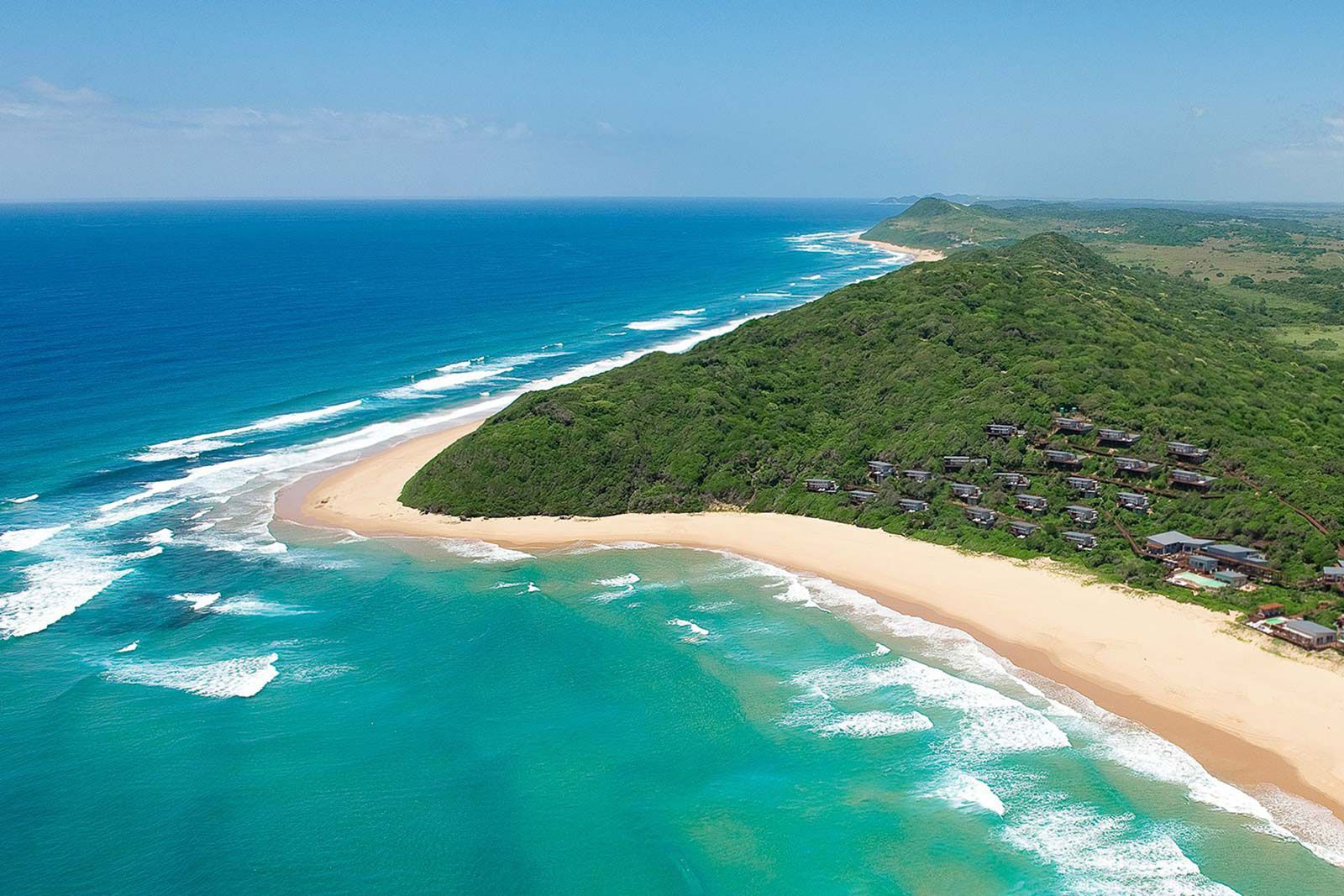Views Of Cape Verde Archipelago
About
location:
Atlantic Ocean, off the west coast of Africa
Cape Verde is a popular tourist destination, particularly for Europeans looking for a warm and sunny climate. The islands offer a variety of activities for tourists, including hiking, scuba diving, and windsurfing. Sal is a popular island for beach vacations, while the island of Sao Vicente is known for its vibrant nightlife and music scene.
The islands also have a growing ecotourism industry, with opportunities for birdwatching, whale watching, and hiking. Cape Verde's tourism industry is expanding, with new hotels and resorts being built on the islands.
One of the best things about Cape Verde is its people. The Cape Verdeans are known for their hospitality and friendliness. The islands also have a strong sense of community, with people sharing food and music with each other.
Cape Verde is also known for its religious diversity, with a mixture of Catholic, Protestant, and Muslim communities. Cape Verdeans have a deep love of music, with popular styles including morna, funana, and batuque. The islands also have a thriving literary tradition, with many poets and writers coming from Cape Verde.
Things to know before travelling to Cape Verde Archipelago
This article is a tip of the iceberg but will equip you with the "Absolute Need to Knows" for Cape verde Archipelago.
How to get there?
There are a few different ways to get to Cape Verde, depending on where you're coming from. If you're coming from Europe, you can fly directly to the islands from several major European cities, including Lisbon, Paris, and Amsterdam.
There are also direct flights from some African countries, including Senegal, Gambia, and Morocco. If you're coming from North America, you can connect through Lisbon or another European city. Once you arrive in Cape Verde, you can get around the islands by bus, ferry, or taxi.
About the weather
The weather in Cape Verde is generally warm and pleasant, but it can vary depending on the island and the time of year. In general, the islands have a tropical climate, with temperatures ranging from 21-30 degrees Celsius (70-86 degrees Fahrenheit) throughout the year.
The rainy season in Cape Verde is from August to October, with the wettest months being August and September. The dry season is from November to June, with the driest months being February and March. The winds can be quite strong during the dry season, so be prepared for windy weather.
Medical matters that affect your visit.
There are a few medical matters to be aware of when traveling to Cape Verde. First, the tap water is not safe to drink, so you should always drink bottled water or use a water filtration system.
Second, there is a risk of malaria on the islands, so you should take malaria prophylaxis before and during your trip. Third, the islands are located in a yellow fever zone, so you should be vaccinated against yellow fever before your trip.
Finally, it's also a good idea to bring a supply of any medications you take regularly, as pharmacies on the islands may not carry all medications.
About the locals
The people of Cape Verde, or Cape Verdeans as they are known, are a friendly and welcoming bunch. They are a diverse people, with many ethnicities represented, including Portuguese, African, and South American. Most Cape Verdeans are Catholics, but there is also a sizeable Muslim population.
The official language of Cape Verde is Portuguese, but the most common language spoken is Crioulo, a creole language that is a mix of Portuguese, West African languages, and other influences. Cape Verdeans are known for their warm hospitality, and you are sure to feel welcome during your visit.
Cultural etiquettes at Cape Verde Archipelago
The Cape Verde Archipelago has a diverse cultural heritage, with influences from Africa, Europe, and the Americas. As a result, there are a variety of cultural etiquettes that visitors should be aware of. For example, it is considered polite to greet people with a handshake, and it is also common to ask about someone's health and family.
Additionally, it is important to dress modestly, especially when visiting religious sites. Finally, it is considered rude to speak loudly or to argue in public. Overall, Cape Verde is a warm and welcoming place, and visitors who show respect for the local culture will be well treated and appreciated.
Safety at Cape Verde Archipelago
The Cape Verde Archipelago is considered to be a relatively safe destination for travelers. There is a low crime rate, and the people are generally friendly and welcoming. However, as with any travel destination, it is important to take basic safety precautions.
These include being aware of your surroundings, avoiding dark or deserted areas, and not flaunting expensive items. Additionally, travelers should be aware of common scams, such as overcharging for goods or services, and should be vigilant about their belongings, especially when in crowded areas.
Vital information on money matters.
When it comes to money matters in Cape Verde, the first thing to know is that the currency used on the islands is the Cape Verdean escudo (CVE). There are ATMs on the islands, but they may not always be reliable, so it's a good idea to bring some cash with you.
Credit cards are also accepted in some places, but not all, so it's best to check with your hotel or tour operator before you travel. Finally, haggling is common in Cape Verde, so be prepared to negotiate on prices
Fun Things To Do At Cape Verde Archipelago
There are plenty of fun things to do in Cape Verde, from exploring the islands' stunning natural beauty to enjoying the lively nightlife. Here are some of the top activities to consider:
Hiking
The islands offer plenty of opportunities for hiking, with trails ranging from easy to challenging. Be sure to check the difficulty level and weather conditions before setting out.
Diving and snorkeling
Cape Verde is home to some of the best diving and snorkeling spots in the world, with clear water and plenty of marine life to see.
Relaxing on the beach
The islands have plenty of beautiful beaches, where you can relax and enjoy the sun. Be sure to try some of the delicious local seafood while you're there.
Exploring the towns and villages
The towns and villages of Cape Verde have a unique blend of Portuguese and African culture, and it's fun to wander the streets and take in the sights and sounds.
Riding a Horse
Horseback riding is a popular activity in Cape Verde, and it's a great way to explore the island of Sal.
With so many things to do, there's no chance of getting bored in Cape Verde. Plus, the warm and friendly locals will make you feel right at home. So, whether you're looking for adventure or relaxation, Cape Verde has something for everyone.
Who can travel to Cape Verde Archipelago?
The good news is that anyone can visit Cape Verde, as the country does not have any special entry requirements. All you need is a valid passport and a visa, which can be obtained on arrival for most nationalities.
However, it's always a good idea to check the latest travel advice before you go, just to be sure. In addition, it's worth noting that some of the smaller islands can be difficult to reach, so you may need to take a ferry or flight to get there.
But the journey will be well worth it for the stunning views and unique culture you'll find on each island.
Travel Documents
You will need a valid passport and visa to enter Cape Verde. Make sure your passport is valid for at least six months after your travel date and check if you need to obtain a visa before traveling.
What time of the year is best to visit?
The best time to visit Cape Verde depends on what you're looking for. The weather is warm year-round, but the peak season is from November to April, when the weather is at its best. This is also the busiest time of year, so you'll need to book your accommodation and flights in advance.
If you're looking for a quieter time to visit, the shoulder seasons of May to June and September to October can be a good option. Plus, you may find some good deals on flights and accommodation during these months.
The summer months of July and August are the hottest and most humid, but they can be a good time to visit if you're looking for a budget-friendly trip. However, be prepared for the heat and humidity. No matter when you visit, you're sure to have a fantastic time in Cape Verde.
Packing Essentials for your Trip
Here's what you'll need to pack for a trip to Cape Verde Archipelago:
- Lightweight, comfortable clothing for the warm weather.
- A good pair of walking shoes for exploring the islands.
- A swimsuit and towel for the beach.
- Sunglasses and sunscreen to protect yourself from the sun.
- A hat and light jacket for cooler evenings.
- Insect repellent to ward off mosquitoes.
- A power adapter for charging your devices.
- A waterproof bag or case for your electronics.
- A camera to capture the stunning scenery.
- A good book to enjoy on the beach or by the pool.
With these essentials packed, you'll be ready to enjoy all that Cape Verde has to offer. Just don't forget to pack your sense of adventure and your desire to explore the islands' unique culture and history.
view map
Book Flight ticket
If this widget is not showing try reloading the page
The flight search result will be provided in a new tab
Sal island, Cape Verde will be a good destination if you are coming from outside Cape Verde
Book Hotel
If this widget is not showing try reloading the page
The hotel search result will be provided in a new tab
Input Sal island, Boa Vista island, Santiago island, Sao Vicente island, Fogo island as the city name to search and compare hotel prices
You can book tours at hotels upon arrival.
